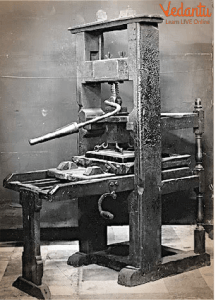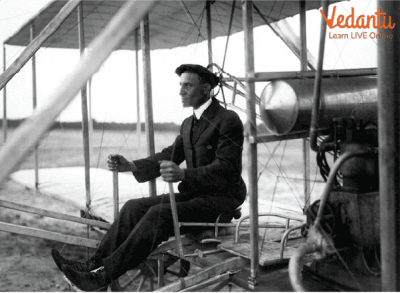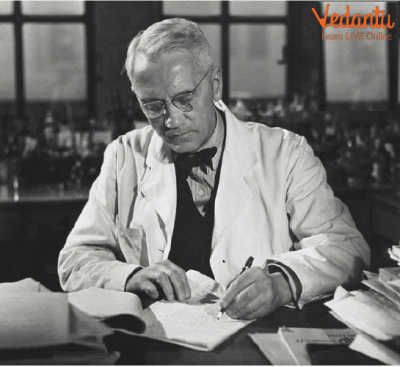




Why Learning About Inventions Matters for Students
Your cell phone rings and you pick it up, moving to your room to speak. You switch on the light in your room and lie on your bed. We don’t often stop to think about how we have these things and how they have helped us in our daily lives or even how they came to be.
Today we will explore inventions, their inventors and some new inventions as well as their importance.
What are Inventions?
An invention is any new thing that a person has made. Inventions can range from a variety of subjects, such as cience, engineering, medicine, communication and more. The progress of our world is largely based on inventions such as these, helping humanity thrive and adapt to its various situations. A person who invents things is known as an inventor. Some famous inventors are Albert Einstein, Thomas Edison, Johannes Gutenberg, Alexander Graham Bell, the Wright Brothers and more!
Inventions and Inventors
Amongst the many inventions that have come into existence, there are some that have had the most impact on human life. These scientific inventions changed or improved the way we perceive and interact with our world.
Some of these revolutionary inventions are:
The Printing Press: It was invented somewhere between the years 1440-1450 by German inventor Johannes Gutenberg. This invention increased the speed and ease with which books were made which led to the rapid spread and accessibility of information for perhaps the first time in history.

Gutenberg Printing Press
The Telephone: It was invented by Scottish-born Alexander Graham Bell in 1876, changing the way in which we communicate.
The Light Bulb: It was invented by American inventor Thomas Edison in 1876 and consisted of a glass case and a filament through which electricity ran. This was significant as it enabled humans to shed their dependence on natural light, increasing productivity and changing our sleep cycles.
The Aeroplane: The American aviation pioneers, the Wright Brothers flew the first successful powered aeroplane in the year 1903, which greatly aided in the travel of humans, making it far easier, accessible and quicker to make journeys over longer distances; what previously took days and month was reduced to mere hours with this revolutionary invention.

The Wright Brother
Penicillin: Penicillin was used to treat throat infections, meningitis, syphilis and other infections, which dramatically improved the health and lifespan of humans at the time. This was discovered by Alexander Fleming in 1928 and was a major medical milestone.

Alexander Fleming
The Internet: First created as a communications network to connect computers by the US Department of Defense in the 1960s, the internet was further developed in 1989 by Tim Berners Lee and CERN. This invention revolutionised the spread of information and connected the world like it never had before, opening up avenues for a variety of things.
New Inventions
In addition to the aforementioned examples, newer inventions have taken place recently. Inventions like Artificial Intelligence, Machine Learning, Nanotechnology and various other breakthroughs in the fields of medicine, communication, space exploration and more have made ripples in their respective communities and hold great potential for our future.
Summary
A scientific invention is the machine, device or scientific technique that either helps or completely solves humans' problems.
The printing press was invented by Gutenberg; the telephone by Alexander Graham Bell; the light bulb by Thomas Edison; the aeroplane by the Wright Brothers; Penicillin by Alexander Fleming and the internet by Tim Berners Lee.
These inventions have helped improve human life to a great extent and continue to do so. Every day, around the globe, people work tirelessly to invent more ways to improve the quality of not just our lives, but the lives of all inhabitants of this planet.
FAQs on Amazing Inventions That Changed the World
1. How do inventions help us?
Inventions, such as new tools, devices, processes, and medicines, have provided significant benefits to society. Inventions help people around the world live longer, healthier, and more productive lives and provide new ways to build, move, communicate, heal, learn, and play.
2. What is the purpose of inventions?
An invention uses technology to solve a specific problem. The technical features of an invention have a function through which the problem – the purpose of the invention – is solved.
3. What can you do to prevent your invention from being stolen?
Four strategies to prevent idea stealing are:
Trade Secrets
Copyrights
Trademarks
Patents









